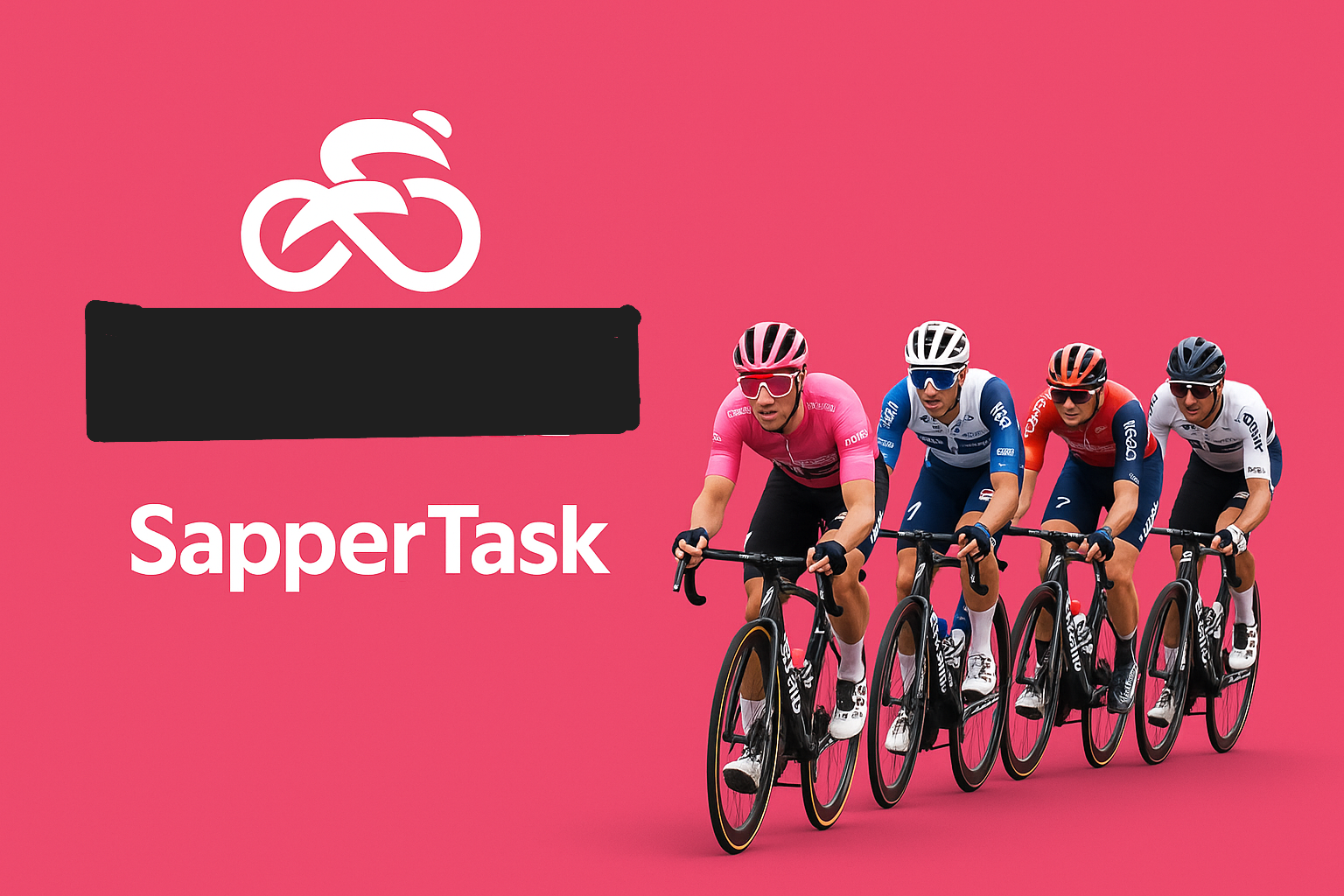What It’s Like to Ride in a Stage Race (e.g., Tour de France)

It’s not just a bike race. It’s a battle of body, mind, and willpower — repeated day after day.
Here’s an inside look at what it’s really like to ride in a stage race like the Tour de France, Giro d’Italia, or Vuelta a España.
1. The Wake-Up Call: Day Starts Early
Sleep is sacred, but recovery is short. Riders wake by 7 a.m. to:
-
Fuel up with a high-carb breakfast
-
Get massages or physiotherapy
-
Attend team strategy meetings
-
Mentally prepare for another grueling day
No matter how hard yesterday was — today’s stage is a fresh challenge.
2. The Start Line: Controlled Chaos
Before the flag drops:
-
Thousands of fans crowd the barricades
-
Riders do warmups, sign autographs, and line up
-
Teammates discuss tactics: who protects whom, who goes for the breakaway
The peloton is buzzing — nerves, ambition, and adrenaline all packed into one.
3. In the Saddle: 4–6 Hours of Pain, Tactics & Wind
Each stage demands intense focus:
-
Mountains: Steep climbs separate the climbers from the rest. Every pedal stroke is survival.
-
Flats: Fast-paced sprints, crosswinds, and constant jockeying for position.
-
Time Trials: Solo efforts against the clock — no drafting, just you and the wind.
Team radios, mechanical issues, crashes — everything happens fast and often.
4. Feeding the Machine
Riders burn 5,000–7,000 calories a day. On the bike, they:
-
Grab “musette bags” with snacks and drinks from soigneurs at feeding zones
-
Eat rice cakes, gels, energy bars, bananas — anything easy to digest
-
Drink constantly to stay hydrated
Bonking (running out of energy) is brutal and career-damaging in a stage race.
5. Teamwork Makes the Ride Work
Every rider has a job:
-
Domestiques chase breakaways, block wind, or fetch bottles
-
Sprinters stay protected for flat finishes
-
Climbers aim for summit glory
-
General classification (GC) leaders fight for the overall win
Stage races are chess matches on wheels — and your team is your army.
6. Post-Stage: Recovery Is Everything
After the finish line:
-
Riders eat a recovery meal within minutes
-
Get massages to prevent cramping and drain lactic acid
-
Attend press conferences or doping control
-
Travel to the next hotel, sleep, and repeat
Recovery is more important than celebration.
7. Repeat for 21 Days (with 2 Rest Days)
Most Grand Tours last 3 weeks:
-
21 stages
-
3,000+ km
-
Rain, sun, crashes, climbs, and all-out sprints
Only the toughest survive — physically and mentally.
Final Thought:
Riding in a stage race is not just about winning.
It’s about resilience, sacrifice, teamwork, and heart.
It’s about showing up every day — tired, sore, but ready.
Stage races don’t just crown champions. They forge legends.
- Bicycle world
- Motorbike world
- E-Bike World
- Auto parts world
- MotorSports
- Auto World
- Art
- Causes
- Crafts
- Dance
- Drinks
- Film
- Fitness
- Food
- Giochi
- Gardening
- Health
- Home
- Literature
- Music
- Networking
- Altre informazioni
- Party
- Religion
- Shopping
- Sports
- Theater
- Wellness


